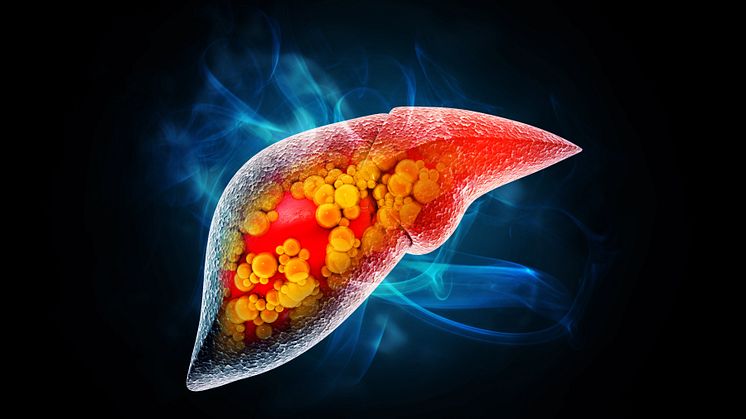
Press release -
AOECS Scientific Research eBook reveals: No nutritional advantage to following a gluten-free diet unless you have to
Coeliac disease affects millions of individuals worldwide, causing adverse reactions to gluten consumption. The only currently known cure for coeliac disease is a strict gluten-free diet.
However, there is a belief in many that gluten-free products are healthier than gluten-containing food leading many people to eat a gluten-free diet despite not having to. This often confuses people working in the HORECA industry on how important it is for some people to follow a strict gluten-free diet.
New Irish research presented in the new AOECS Scientific Research eBook suggests that gluten-free food is not only more expensive but also less nutritional than equivalent gluten-containing food. Although nutrient contents of gluten-free foods are on average similar to gluten-containing foods, large differences within tested categories exist.
148% more fat in some products
Luckily only a small in nutrient value between gluten-free and gluten-containing products was found when comparing averages of all products tested in the study. However, some nutritional disparities were found when nutrient contents were compared within categories.
Gluten-free brown bread had 23% more kilocalories than gluten-containing bread. Saturates were 39% higher in gluten-free breads. Nutritional discrepancies are further highlighted in subcategories e.g., gluten-free crackers had 48% more fat than GC and flavoured crackers gluten-free had 148% more fat than gluten-containing.
More expensive with no nutritional benefits
The Irish study concludes there is a clear increase in cost for gluten-free staple foods. This makes a gluten-free diet more expensive than a gluten-containing one. Also, the nutrient contents of GF foods are on average similar to gluten-containing, but some gluten-free products are much less healthy than equivalent gluten-containing ones. Therefore, there are no nutritional benefits for non-coeliacs to follow a gluten-free diet, only a negative economic outcome.
Read more in AOECS Scientific Research eBook
The Association of European Coeliac Societies (AOECS) is proud to announce the release of a new comprehensive Scientific Research eBook, featuring 15 abstracts on interesting current-day research related to coeliac disease. This initiative aims to raise awareness, foster innovation, and encourage further exploration into this chronic autoimmune disorder.
The abstracts featured in the eBook were collected by AOECS and reviewed by the experts in coeliac research Bob Anderson and Fabiana Zingone, who are members of the International Society for the Study of Celiac Disease (ISSCD). We want to warmly thank ISSCD for their contribution to this project as well as every author who has submitted their posters to this second edition of 2023.
You can read the full abstract of the presented research above on page 13 of the AOECS Scientific Research eBook.
Related links
Topics
Categories
Celiac disease (or coeliac disease) is an autoimmune disease where cereals containing gluten trigger an inflammatory reaction in the small intestine. Around 100 million people are estimated to suffer from celiac disease globally. Approximately only 25% of those have received a diagnosis, the rest are either unaware of their condition or suffer from various related ailments. Left untreated the disease causes severely reduced quality of life and increased risk of premature death.
The Association of European Coeliac Societies (AOECS) is an independent, non-profit organization working for early detection of celiac disease and a better life for people suffering from this condition. AOECS represents 38 national coeliac societies from 34 European countries on an international stage.








